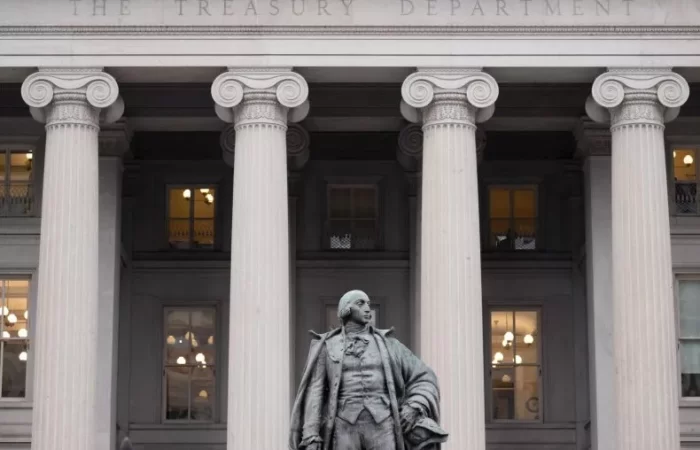
The fund's focus is to develop an efficient financial infrastructure that can foster the development of a thriving regenerative life economy.
- WHO WE ARE130+
A coalition of central bankers, financial officials, regulators, and leaders from public and private sectors.
20+The coalition spans across more than twenty countries around the world, forming a network of collaborative entities.
100+The coalition encompasses an extensive array of members spanning over a hundred diverse industries and sectors.
We develop initiatives which aims to diminish external dependencies and promote the expansion of local economies.
★★★★★ 5/5The Fraction is transforming economies forward involves taking steps to create the regenerative life economy growth and development. The Fraction has deep understanding of the economic landscape and the challenges faced by different sectors.
- HOW WE WORK92+
Expand across ninety-two nations to facilitate domestic progress.
50%Our aim is to mitigate the issue of national unemployment.
1.2B+Individuals without employment in developing economies.
The United Economic Development Fund collaborates with a broad alliance of nations, institutions, and individuals to strengthen the global financial system's resilience and advance universal equality and opportunities.
★★★★★ 5/5Empowering societies through investment for economic development & social transformation with a collaborative effort with the public, private, and social sectors to transform economies for a prosperous and equitable future.
- INVESTMENTS$4.9T
Annual financing gap for achieving the United Nations’ sustainable development goals.
16%Presently, only a fraction of the requisites for growth finance are being fulfilled.
+$348BRequired for reform adaptation and resilience investments within the public sector of developing nations.
The fund's focus is to develop an efficient financial infrastructure that can foster the development of a thriving regenerative life economy.
★★★★★ 5/5Assess the ramifications and magnify triumphs. The intricacies of the dilemmas confronting our society are multifaceted and intertwined. In pursuit of effective resolutions, we diligently examine the efficacy of various models and practices, fortifying those that display promise and extending their reach when proven successful.
- INSIGHTS + RESOURCES

Allied Resources
As active global citizens, it’s important to better understand who these organizations are, and how they’re influencing the world around us.
May We Suggest?
#uedf #economis #resources #transformation #investment
Is It This?
#united economic development fund #economic development #stakeholders #governance #global
Needle, Where Art Thou?
#regenerative life economy #global financial system #future built #focus investment verticals #national capacity development











